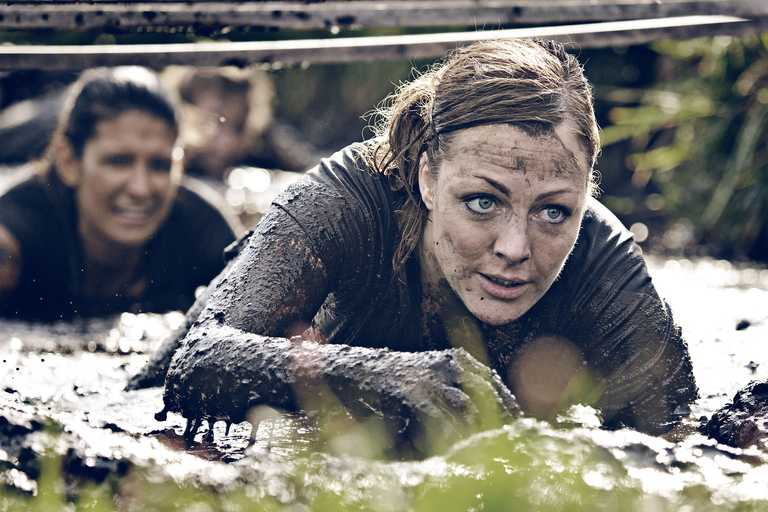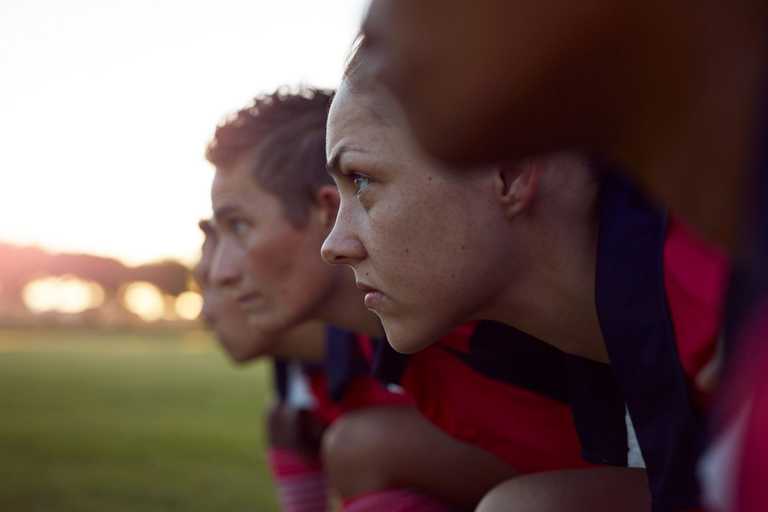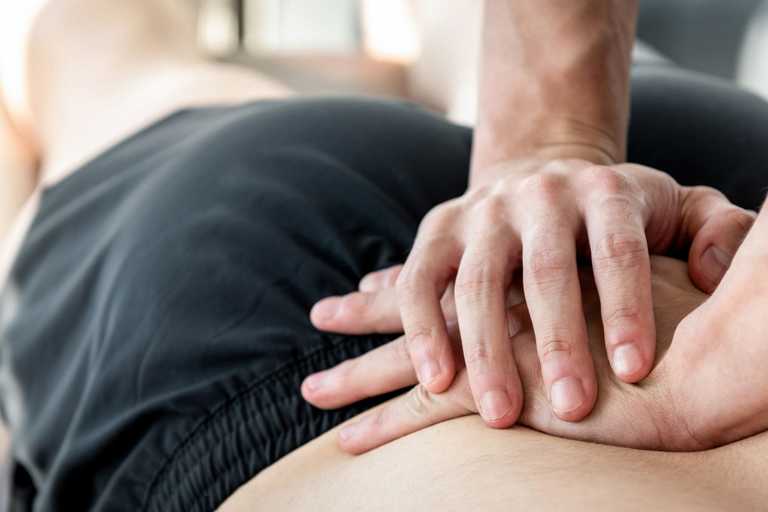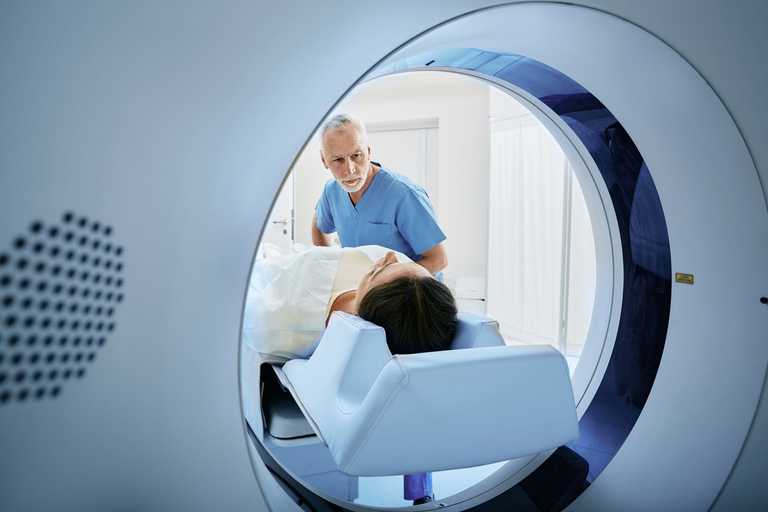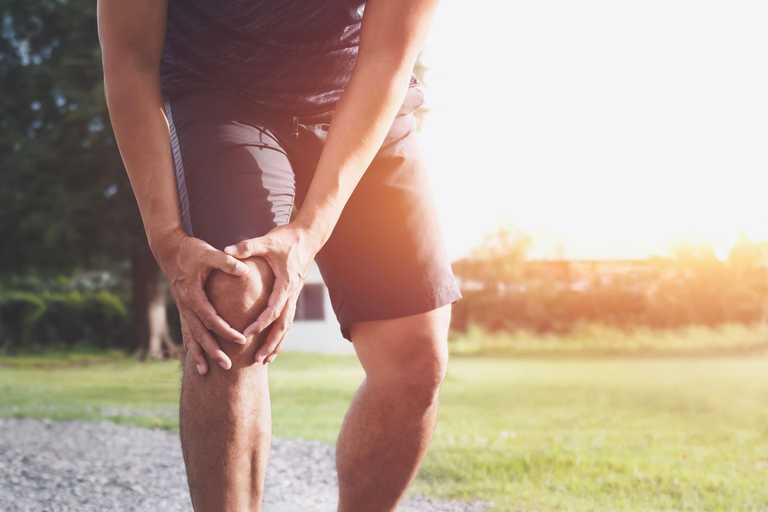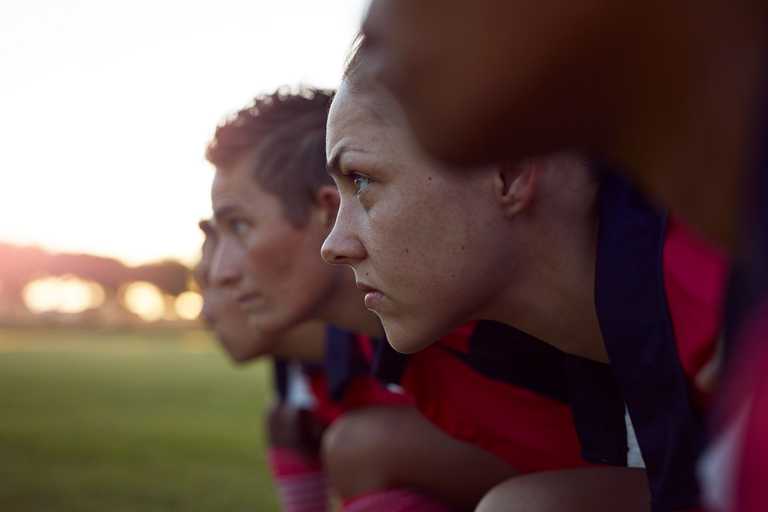
Sports Injury Assessment
You love to perform at your best. So when injury stops you in your tracks, it can be really tough. It’s vital ...

Running more than 26 miles in one go does comes with physical consequences. It’s not just the challenge of those last few miles and breaking through the pain barrier, you’ll also need plenty of recovery time.
Here the sports massage team at Prime Health take a closer look at the best way to recover from a marathon.
The arduous nature of a marathon means that it takes a toll on almost every organ in the body. Here are just some of the physical changes that happen:
Perhaps the biggest impact you are likely to see is damage to muscles and general muscle soreness.
You might be surprised to learn that nearly half of marathon runners experience at least some kidney damage and that tends to peak about 2 days after the event.
The good news is that your kidneys return to normal and there shouldn’t be any long-term impact.
Because a marathon is so challenging, it’s no surprise that the body’s immunity takes a hammering.
All available resources are employed to keep those legs moving and it’s one reason why many runners suffer from colds or flu during post marathon recovery.
Some runners have found their urine looks discoloured following a race. This is actually a by-product of the muscles breaking down during those 26.2 miles.
The red/brown colour is caused by myoglobin and is not harmful.
There’s no doubt that running long distances puts tremendous stress on the skeletal system. Particular areas where injuries and pain in post marathon recovery can occur include the knee joints and the ligaments and tendons.
These are just a few of the physical changes you are likely to experience in the days and even weeks of your post marathon recovery.
A lot will depend on your level of fitness and how you have prepared for the race but even top athletes will need some period of rest and recuperation.
If you need to book an appointment with one of our sports injury specialists, click here to book an appointment.
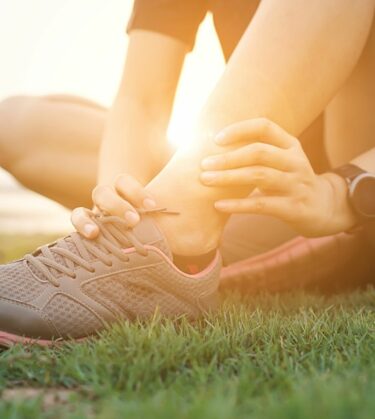
You are likely to feel tired and have delayed onset muscle soreness (DOMS) for up to a week after you race a marathon. Again, a lot will depend on your level of fitness, age, how complete your marathon training was and other factors.
In general, most of the research points to a post marathon recovery period of between 2 and 4 weeks.
Distance can have an impact even for a half marathon. The greater distance of a full marathon means that you are more likely to put your body under greater pressure and cause injury.
The longer distance also means that your post marathon recovery will take longer.
It’s important to have a plan for how you are going to recover once you pass the finish line. This process should start immediately and there are some simple tips below for you to follow.
Before we talk about post marathon recovery, it’s important to make sure that you remain optimally hydrated and take on carbs at regular intervals during the race.
This can ease the pressure on your body and make recovery easier and quicker.
Once you have crossed the finish line, it’s best not to fall in a heap, however, tired or hurt you are.
Try to keep upright and walk for at least 15 minutes as this keeps the blood flowing and can aid the healing process in the legs. Don’t start stretching immediately after the race finishes either. Give yourself that 15 minutes of walking around before you do any.
The reason is that stretching is likely to exacerbate any muscle damage and could further cause injury.
Your body is likely to be crying out for fuel and it’s important to get this inside you as quickly as possible. Whether it’s sports drinks, a protein shake or even a chocolate milkshake, have this waiting for you at the finish line.
You often see runners wrapped in foil blankets after the race. This is to keep them warm and prevent muscle shake. As soon as you can, it’s important to get out of the sweaty clothes you have and put on something dry and warm.
In terms of your post marathon recovery, the next few hours will be important. Once you’ve moved away from the venue, you should look to replenish your energy levels with some carbs and protein in a proper meal. Avoid fatty foods for at least four hours after the run.
It can be tempting to hit the bar and have a post marathon beer. While one drink with your friends won’t be a problem, too many can affect your recovery.
Sleep will aid recovery and a short nap a couple of hours after the race can work wonders. If you’re up to it, a cold water shower or bath has been shown to improve muscle repair and recovery time.
Muscle soreness can start anytime. It could be there immediately after your marathon or appear after a couple of days. How bad it is can depend on a number of factors such as your fitness levels.
Try to avoid things like anti inflammatory painkillers if you can as these have been shown to inhibit recovery. They may also impact negatively on areas like the kidneys and liver which have been put under pressure and may be slightly damaged.
You should avoid any strenuous or even moderate exercise for around 3 to 5 days. Having a sports massage can help in your active recovery and being aware of your body’s needs will help you recover faster. During this time you should eat healthily and stay hydrated.
Caused by muscle damage, DOMS occurs some time after extreme physical activity and includes often severe pain and aches in the muscles. This will normally subside after a couple of days.
We recommend that you eat a healthy diet after a marathon. Avoid fatty foods immediately after but anything with protein and carbs is going to be good for you. Check out these recipes from the BBC.
Yes. If you’ve pushed yourself to the limit, then you may find it too painful to walk for a while. Give yourself time to recover and rest and you should find things returning to normal in a few days. If symptoms persist, contact your doctor.
Running a marathon takes a huge toll on the body and planning your recovery is just as important as the race itself.
At Prime Health, we have a great team of sports massage therapists and physiotherapy recovery experts supported by diagnostics including MRI, CT, X-ray and Ultrasound who can support you, especially if you have suffered an injury. Contact us today to find out more about what we do.
If you need to book an appointment with one of our sports injury specialists, click here to book an appointment.
You love to perform at your best. So when injury stops you in your tracks, it can be really tough. It’s vital ...
You like to perform at your best, so looking after your muscles and joints is high priority. The sports massag...
You love to perform at your best. So, when injury stops you in your tracks, that can be hugely frustrating. At...
The physiotherapists that work at Prime Health are among the most effective and experienced in the country - m...
If a joint or bone problem is stopping you from getting the most out of life, it’s good to know that at Prime ...
Shockwave therapy delivers impulses of energy to damaged soft tissue to effectively kick-start the healing pro...
Our all-inclusive diagnostic scanning package offers everything you need for quick, expert care—all for a fixed price.
Learn morePrime Health Surrey has enhanced its healthcare offering with the installation of a state-of-the-art CT scanner. Appointments available.
Learn moreIn partnership with the General Practice Group, we have extended our Private GP service to our centre in Brighton.
Learn moreThe highly experienced physiotherapists at Prime Health Surrey are here to help you perform at your best.
Learn more